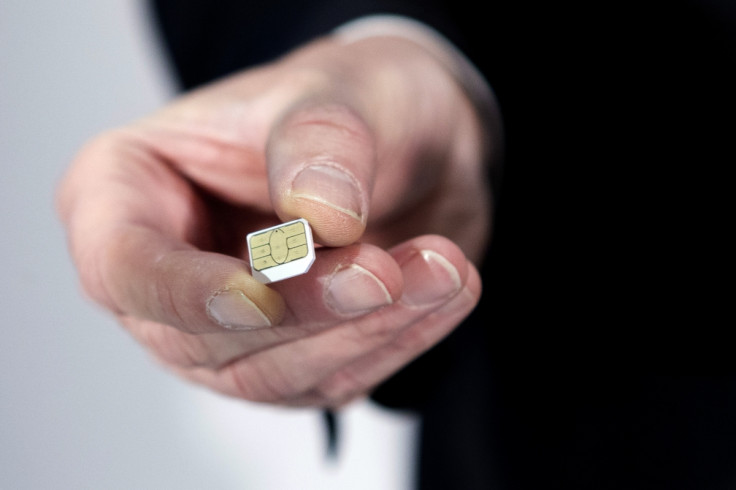IT industry body rejects calls for providing backdoors to encrypted devices

The Information Technology Industry Council (ITI) has rejected calls for providing US law enforcement authorities backdoors to encrypted devices. The ITI, an organisation that represents tech companies such as Google, Apple, Facebook, Microsoft, Yahoo, LinkedIn, Samsung, Sony, Qualcomm, Nokia, Motorola, Corning and IBM, said backdoors would actually lead to vulnerabilities.
In a statement, Dean Garfield, president and CEO of ITI said: "Encryption is a security tool we rely on every day to stop criminals from draining our bank accounts, to shield our cars and airplanes from being taken over by malicious hacks, and to otherwise preserve our security and safety.
"We deeply appreciate law enforcement's and the national security community's work to protect us, but weakening encryption or creating backdoors to encrypted devices and data for use by the good guys would actually create vulnerabilities to be exploited by the bad guys, which would almost certainly cause serious physical and financial harm across our society and our economy. Weakening security with the aim of advancing security simply does not make sense," he added.
Recently, the office of Manhattan District Attorney, Cyrus Vance, issued a report urging law enforcement authorities to require tech companies to provide backdoors to encrypted devices. The DA's office said it had failed to execute 111 criminal search warrants between September 2014 and October 2015, as devices come with encrypted technology.
"Full disk encryption has been a significant hindrance to the investigation and prosecution of criminals because certain types of evidence exist only on smartphones. Smartphone encryption has caused real — not hypothetical — roadblocks to our ability to solve and prosecute crimes," reads the report. The DA's report suggests that tech companies creating mobile operating systems "ensure the data of its devices accessible pursuant to a search warrant".
© Copyright IBTimes 2024. All rights reserved.





